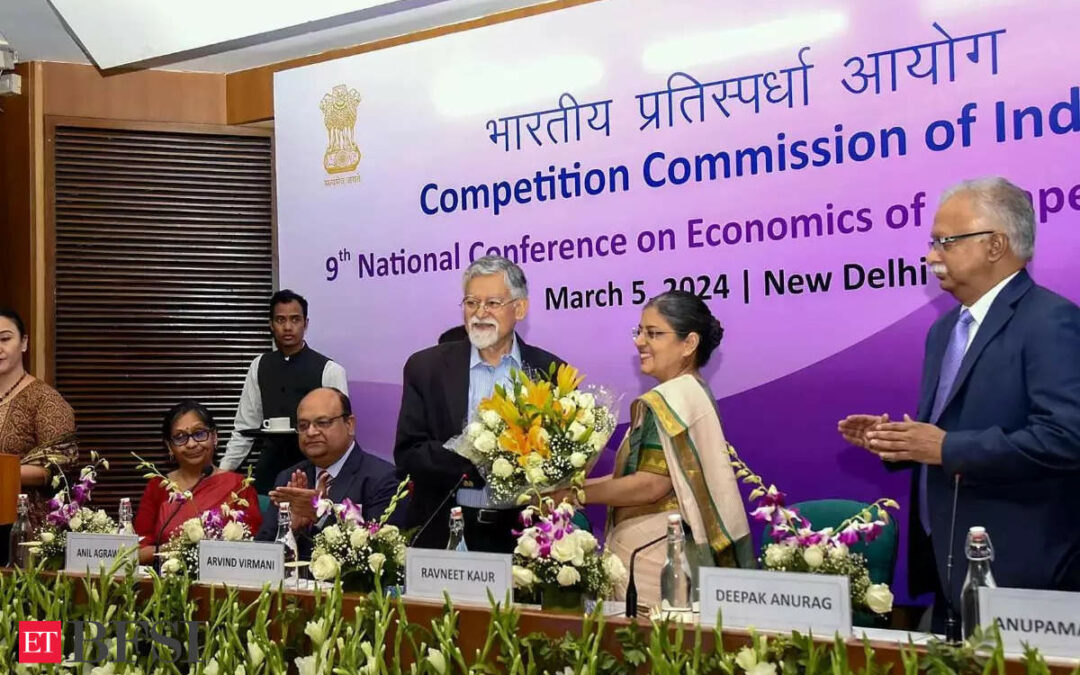The Indian economy will grow around 7 per cent in the current fiscal year and is on track to maintain a similar growth rate for several years, NITI Aayog member Arvind Virmani said on Friday. Virmani said there are new challenges facing the country and they will have to be dealt with.
“Indian economy will grow at 7 per cent plus minus point 0.5 per cent… I expect that we are on track to grow at 7 per cent for several years from today,” he told PTI in an interview.
Last month, the Reserve Bank of India (RBI) pegged the FY25 gross domestic product (GDP) growth rate at 7.2 per cent. Responding to a question on the decline in private consumption expenditures in the last fiscal year, Virmani said it is actually recovering now.
“The effect of the pandemic was to draw down savings… and very different from previous financial shocks,” he said.
Explaining further, Virmani said it is like what he calls a double drought situation.
“We also had, of course, El Nino last year, but what the pandemic did was that it resulted in people having to draw down their savings… So, the obvious reaction is to rebuild your savings, which tend to reduce current consumption,” he noted.
If people were buying branded goods, they will buy less branded or ordinary goods and save part of that money, he said, explaining that this shows a slide in consumption. Virmani said history shows that coalition partners can slow privatisation in states in which the regional ally is in power, but that is not a big issue.
“I see no reason why privatisation cannot happen in the other states and it may also happen in these states (where coalition parties are in power). I am just giving you a historical example,” he said.
With support from N Chandrababu Naidu’s TDP and Nitish Kumar-led JD(U), along with other alliance partners, the NDA crossed the halfway mark in the recently held Lok Sabha elections to form the government at the Centre.
On the decline in foreign direct investments (FDI) to India, despite it being the fastest growing economy, Virmani said riskless return of investment is much higher in the US and other developed countries than in emerging markets.
“As soon as interest rates begin to come down in the US, I expect the FDI into emerging markets, including India, to increase,” he said.












